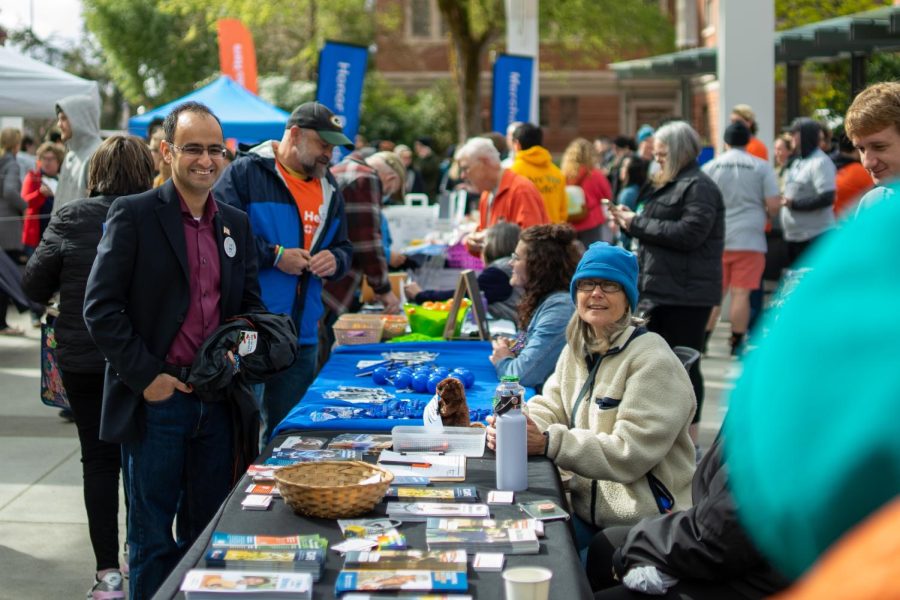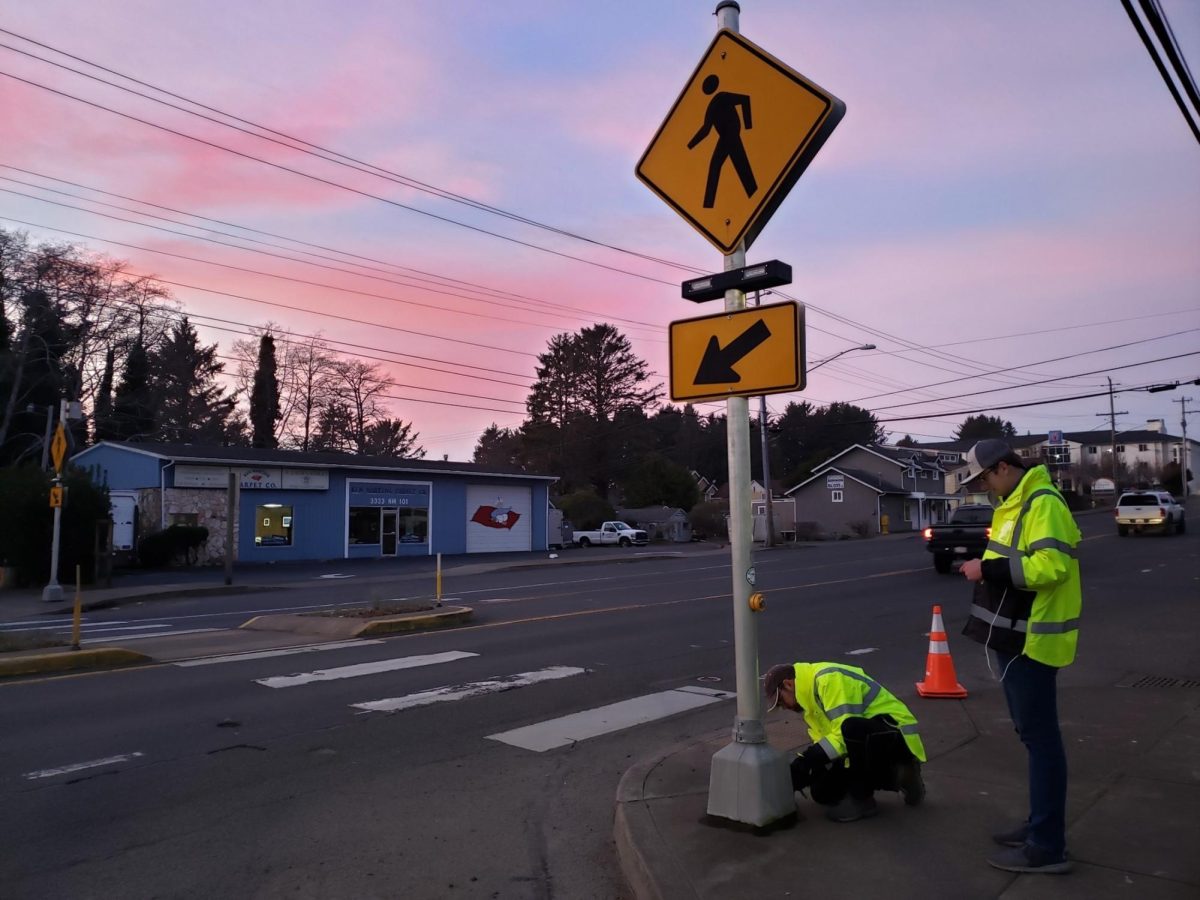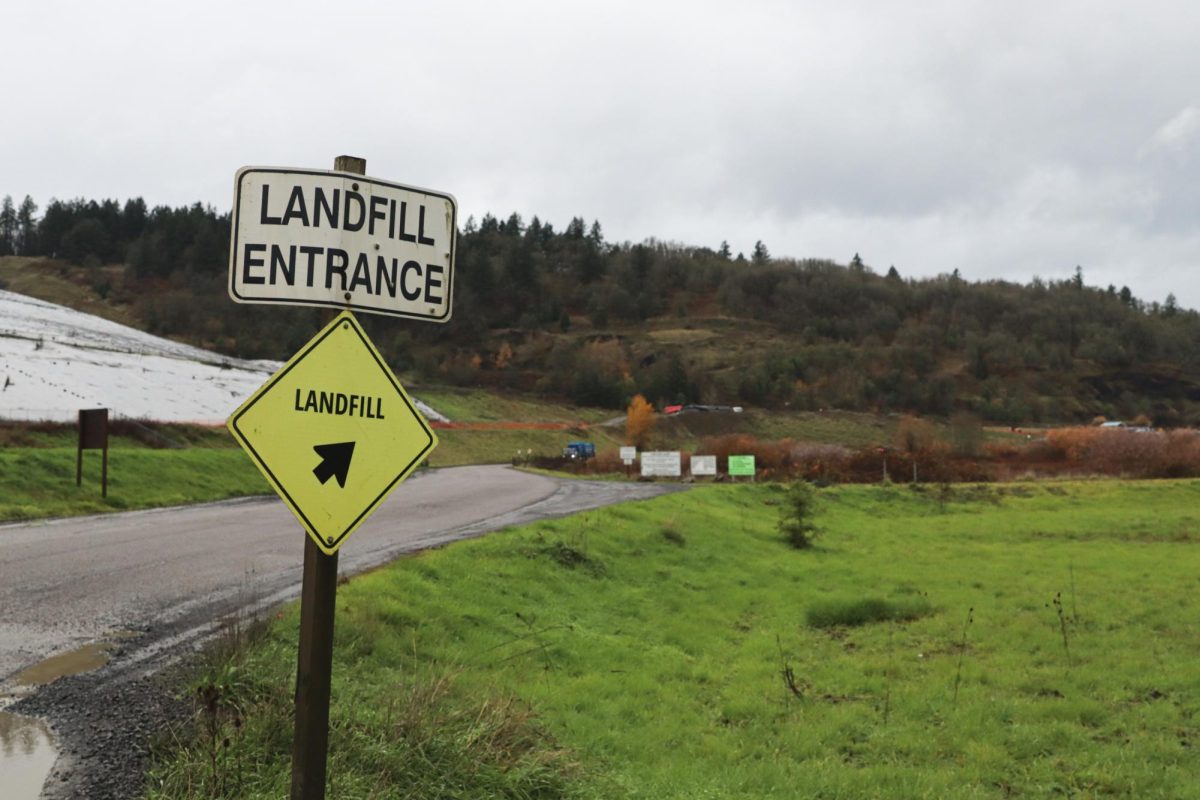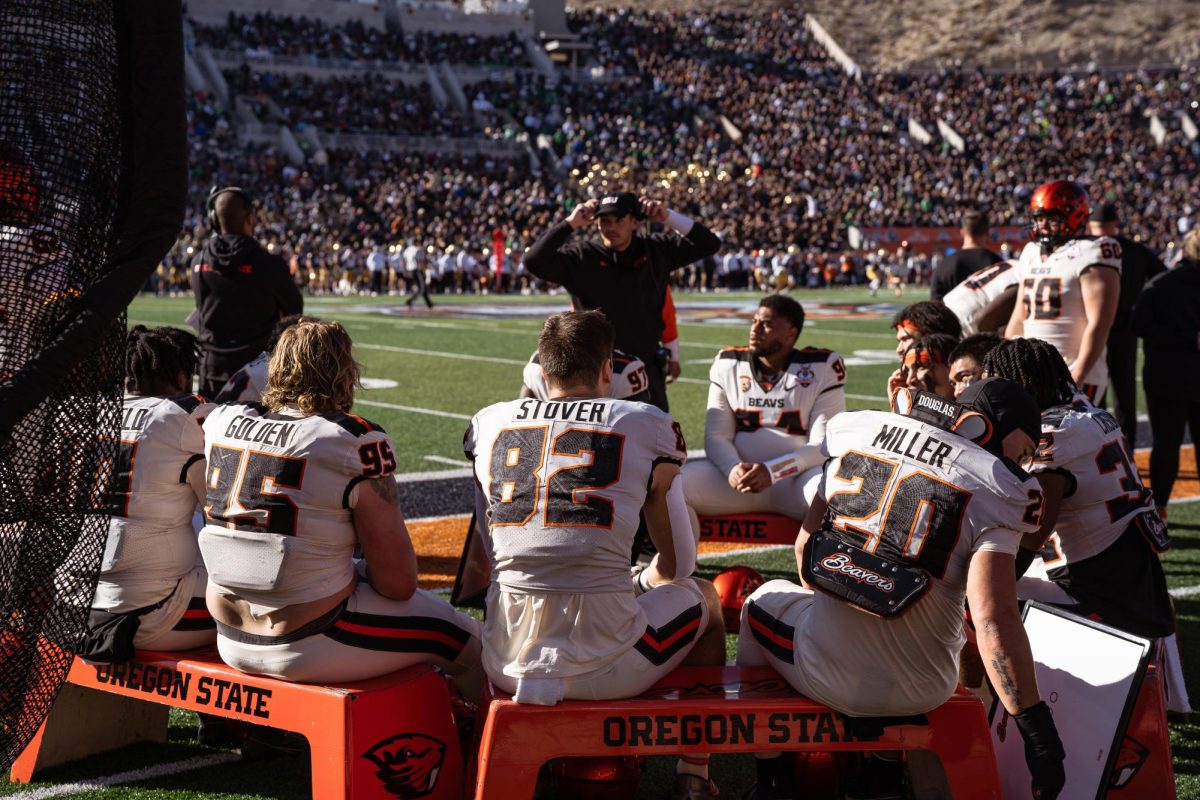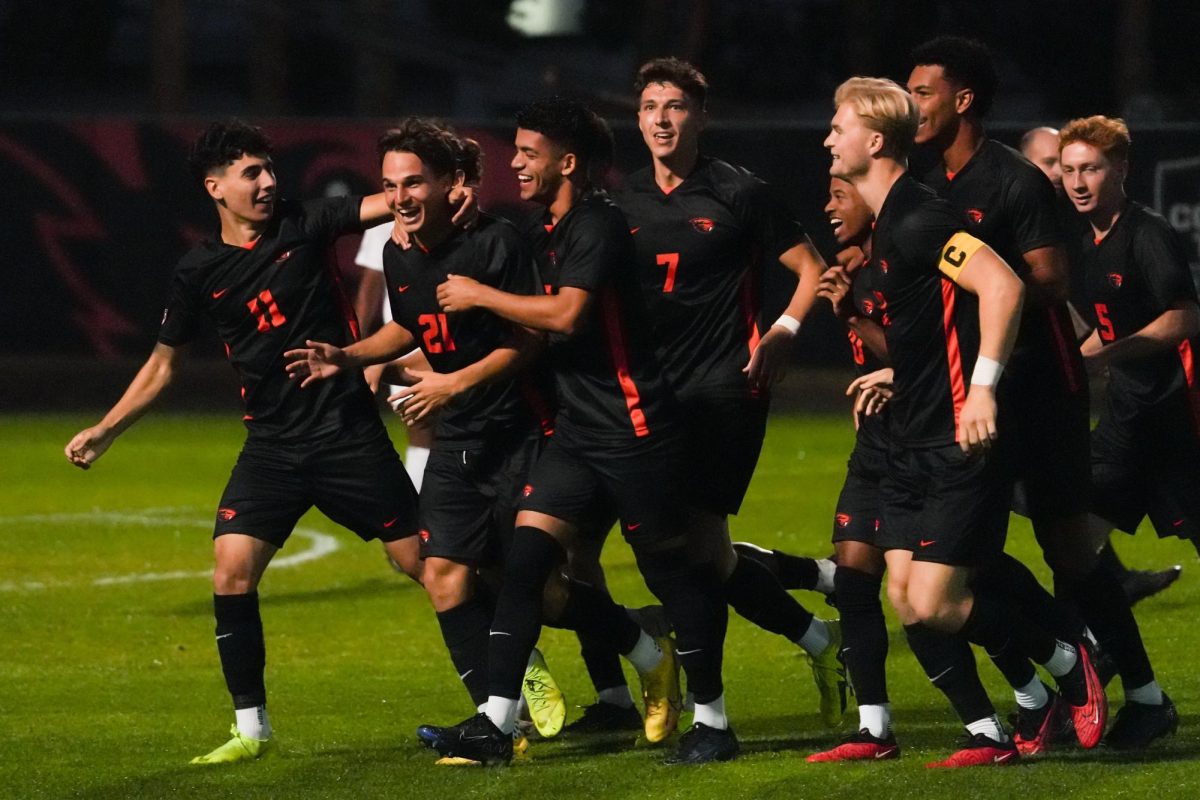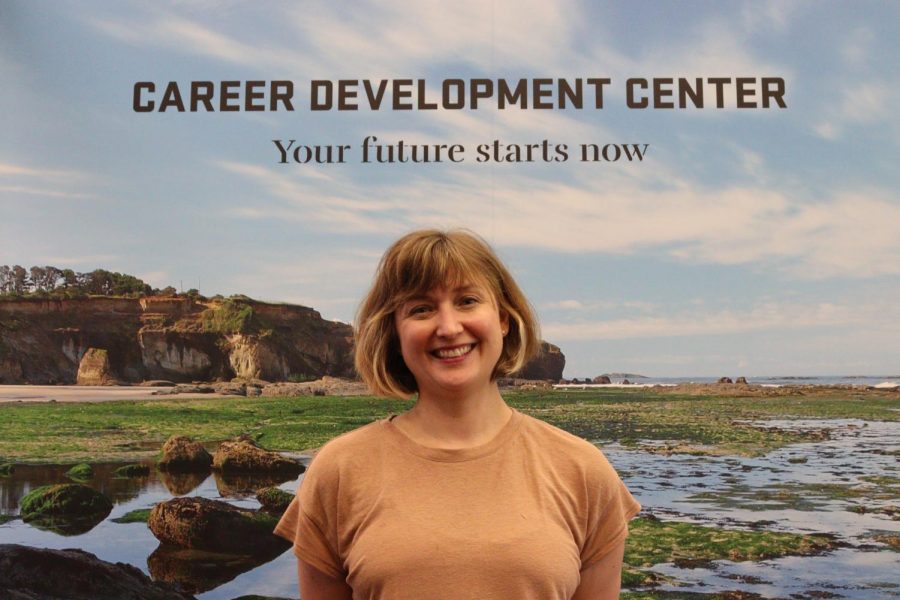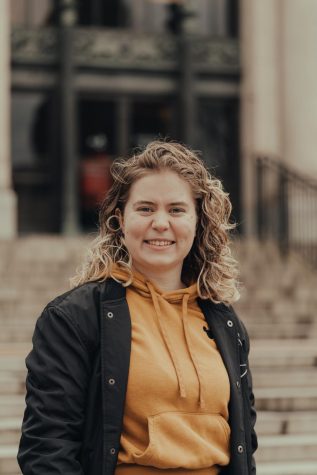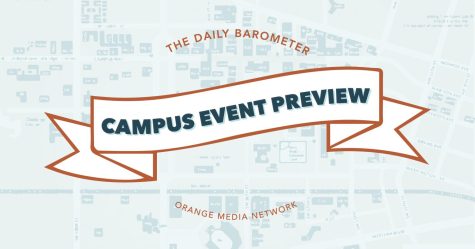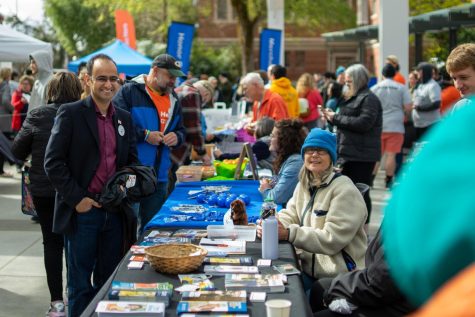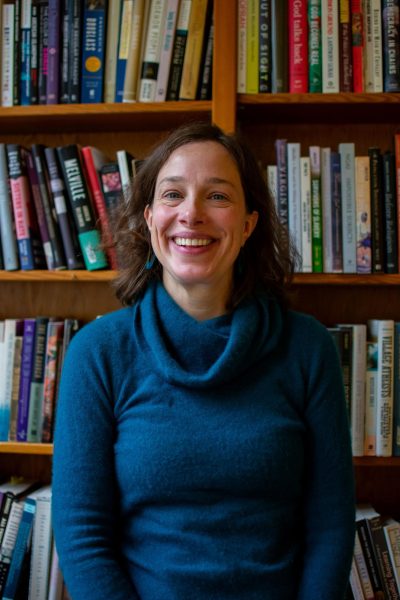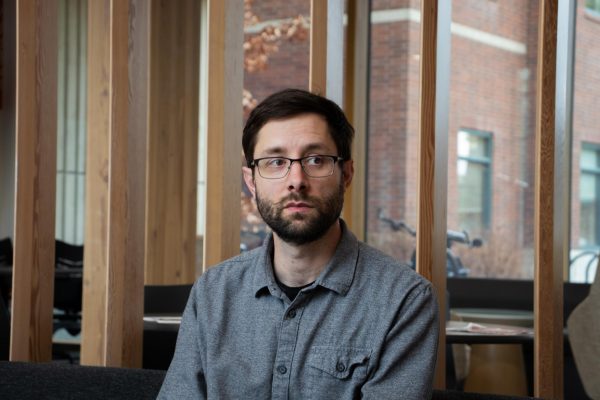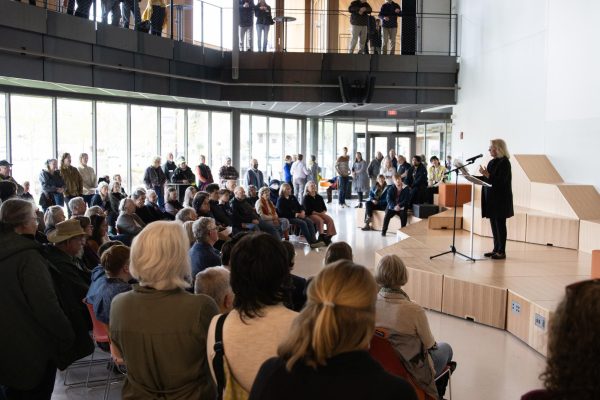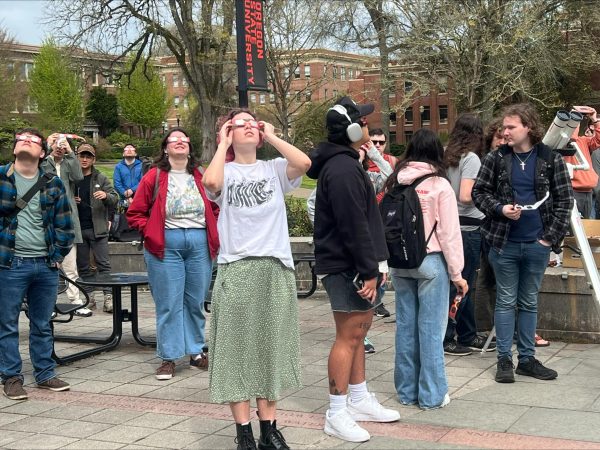The Career Development Center recommends job searching 6 months prior graduation
July 4, 2021
Despite it still being summer, students who are graduating within the next year or looking for jobs or internships are encouraged to begin their job search soon.
According to Elizabeth Simmons, the internship and job developer of the Oregon State University Career Development Center, job searching should start at least three to six months before graduation, meaning at least a term or two before a student plans to finish college.
“This includes researching and identifying companies and jobs that are a good fit, tailoring your resume and other application materials, interviewing (often multiple times!), negotiating offers and going through any required human resources screenings,” Simmons said.
Although how early a student needs to start applying for jobs or internships does, to some degree, depend on their major and on the companies they are applying for. For example, Simmons said many companies will start hiring for summer internships in the fall while some start in the winter.
Britt Hoskins, the assistant director of Career Development for the Colleges of Agricultural Sciences, Forestry, and Earth, Ocean and Atmospheric Sciences, agreed with this statement.
“Some employers are on an annual cycle, so they will start recruiting in the fall for things in the summer,” Hoskins said. “So, our biggest career fairs are in the fall. That’s when the largest number of employers want to come to campus to recruit. So, especially bigger companies are a lot of times really projecting maybe six months out or maybe even a year out, what their budgets are [and] who they can hire.”
However, Hoskins also said she still gets emails from certain employers even after spring term has ended, asking her if she knows of any students who might be able to fill a vacant internship or job position that they have available.
Still, waiting that long to start looking for a job doesn’t mean there will be no options; it does mean less options, especially when it comes to careers post-graduation.
“There’s a rule of thumb, though, that I think has rung true at least for me, and that is to spend one month of job searching for every $10,000 you’d like to make,” Hoskins said. “So, you usually get an internship pretty quickly, but if you wanted to make $60,000, you might want to start searching six months earlier.”
A large part of this job searching industry, though, revolves around the career fairs that many large companies attend. Students who are interested in obtaining a job or internship are highly encouraged by the CDC to attend one of these career fairs.
Hoskins said there is a large career fair open to all majors held each term, but there are also many niche fairs that anyone is welcome to attend, which are also focused toward specific majors. These career fairs are where students can find many networking and job opportunities.
“Really, I think that job searching starts well before you actually apply for something,” Hoskins said. “So, ideally, it is largely built on networking. They say about 85% of jobs are gotten through some type of networking, and many jobs aren’t even posted.”
Outside the career fairs and networking, there are many job boards students can use to search for specific job postings. These include the typical job boards such as LinkedIn or Indeed, but Handshake, the university-wide job and internship board, in particular, is recommended by the CDC as a great platform to use.
“Handshake is actually used by, I think, over 1,000 universities now,” Hoskins said. “There are a ton of employers on Handshake which makes it a really attractive place for employers to recruit college students, because they’re coming to Handshake specifically for reaching undergraduate, graduate students and recent graduates.”
Another platform Hoskins recommended specifically for Ecampus or out-of-state students is a website called Buzzfile. Hoskins said this website allows someone to search by state, major and even city, giving them more freedom to find companies that might be closer to their home.
“[Buzzfile] is not a job board, but if you can figure out who the employers in your field are and the place you want to live, then you can go to their websites and look at their job boards or you can reach out to them and ask for an informational interview and do some networking,” Hoskins said.
Regardless of what platform someone wants to use to look for jobs, though, Simmons said students applying for positions should always go to the company’s website to complete their applications.
Additional information Simmons wanted to give to students is to seek out smaller companies that are not as well-known, to consider first looking outside of Oregon to expand options and to engage virtually with employers in info sessions or even for interviews. Simmons also wants students to keep an open mind about the companies they apply for.
“Don’t be put off by the industry area of a company; there are many different kinds of jobs within an organization,” Simmons said. “For example, Boeing does not just employ engineers. They need HR, marketing, information technology, the whole gamut.”
Any students who may need or want extra help are also always welcome to contact the CDC at OSU for specialized and individual help. The CDC has previously helped many students to find jobs.
“The advice [the CDC] gave me helped me land a summer job with the Forest Service,” an OSU forestry undergraduate student told the CDC. “[I] ended up getting a timber cruising job in a small town in northwest Montana. It was really good to have practical information about the application process and how to improve my chances.”
A natural resources graduate said the CDC helped them to tailor their resumes as well as prepare for interviews and even land jobs.
“It has supported me throughout my long journey of plain ol’ figuring out what I want to do in life by encouraging me to try it all and by teaching me how to professionally navigate the hiring process,” the natural resources graduate told the CDC.
For any students who are interested, the CDC is always available to help students strengthen their resumes and prepare for interviews, and they’re always open to giving advice.
“One of my biggest pieces of advice for applicants is that a lot of people don’t want to go beyond the job board,” Hoskins said. “They’re like ‘I find a job, I apply for it, I hold my breath and I hope something happens…’ But the people who actually get jobs are almost always the people who are networking.”
The CDC is currently operating remotely due to COVID-19. They are accepting both drop-in and scheduled appointments. Their office hours are Monday through Friday from 8 a.m. to 5 p.m. and drop-in hours are Monday through Friday from 10 a.m. to 3 p.m.



